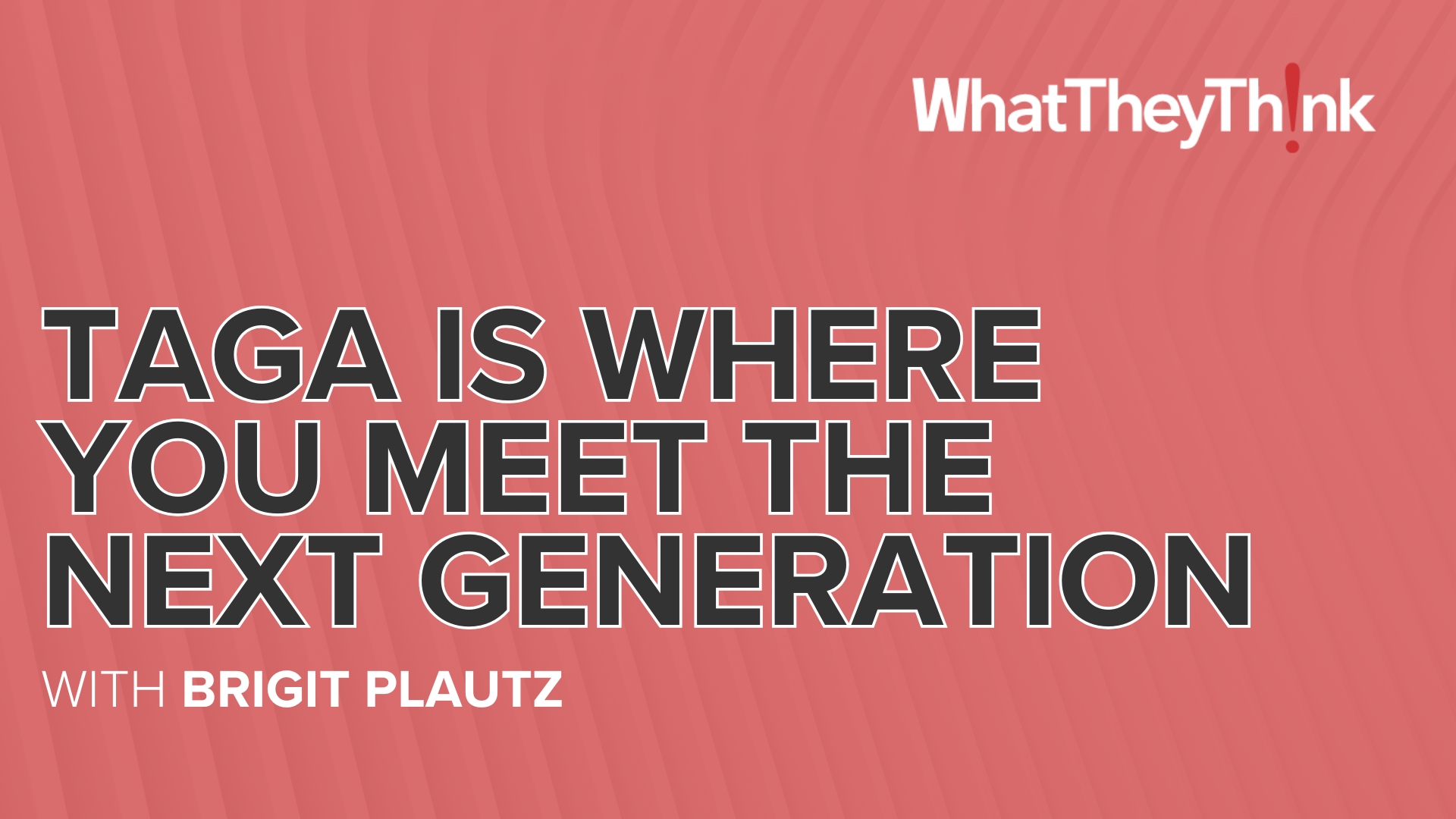LAST week, Education Secretary Arne Duncan declared a war on paper textbooks. “Over the next few years,” he said in a speech at the National Press Club, “textbooks should be obsolete.” In their place would come a variety of digital-learning technologies, like e-readers and multimedia Web sites.Yeah, I suppose, and far be it from me to stand in the way of progress, if that’s what this indeed is. My own personal preference is printed books, but I’d be lying if I didn’t find reference material to be far more suited to electronic media—and, as a distance learning grad student, I am completely reliant on the online library materials via the university, as well as horribly expensive printed textbooks. (Think etextbooks are going to be any cheaper? Ha!) The editorial raises some interesting points of comparison between the abandonment of paper and the destruction of the train system after the advent of the automobile, and that may or not be apt. But there is this sense that progress for progress’ sake is always a good thing, but I’m not sure if I agree with that. Ebooks do offer an experience that now is comparable, for a lot of people, to paper reading (my beef is with the price and DRM issues of ebooks, not the technology or the quality), but do we really want to hasten the elimination of the printed book—or at least the printed textbook? I’m unconvinced that’s the way to go. In 1999, at Seybold San Francisco, Patrick Henry and I interviewed Dick Brass, then Microsoft’s head of ereading who was touting the then-new Microsoft Reader. He prophetically looked ahead to future devices: “The thin, highly readable, low-cost, paper-like slate device with vast storage capacity will eventually get us past wood as a distribution system” (Romano, 1999). Okay, but say what you want about that distribution system, think about this: To find that quote (from the Seybold Show Daily, of which I was managing editor), I first went to my old electronic archives—and the files were saved in a format that no program will now open. Doh! So I went to my office closet archive and found the print edition, which functioned perfectly well. As they say, if it ain’t broke, don’t fix it! Reference: Richard Romano, “Microsoft’s Future of Reading,” Seybold San Francisco 21st Century Publishing Show Daily, August 31, 1999, p. 31.
Commentary & Analysis
Last of the Steam-Powered Trains
[
[Optional soundtrack for this post: The Kinks’ Village Green Preservation Society.]
Via our friends at Two Sides, a link to a New York Times editorial about the impending decline of paper textbooks.
About Richard Romano
Richard Romano is Managing Editor of WhatTheyThink. He curates the Wide Format section on WhatTheyThink.com. He has been writing about the graphic communications industry for more than 25 years. He is the author or coauthor of more than half a dozen books on printing technology and business. His most recent book is “Beyond Paper: An Interactive Guide to Wide-Format and Specialty Printing.
Video Center
- Questions to ask about inkjet for corrugated packaging
- Can Chinese OEMs challenge Western manufacturers?
- The #1 Question When Selling Inkjet
- Integrator perspective on Konica Minolta printheads
- Surfing the Waves of Inkjet
- Kyocera Nixka talks inkjet integration trends
- B2B Customer Tours
- Keeping Inkjet Tickled Pink
© 2025 WhatTheyThink. All Rights Reserved.














